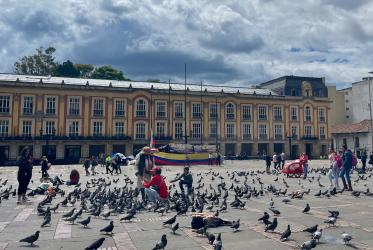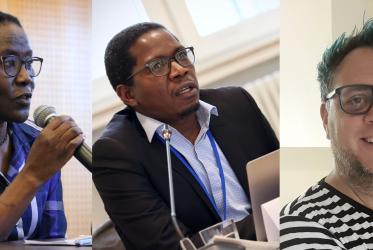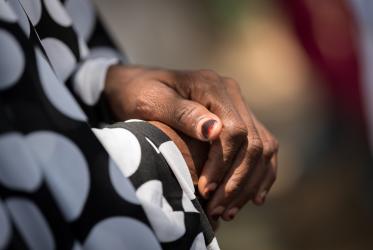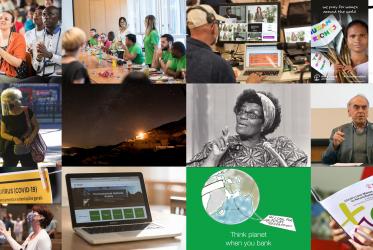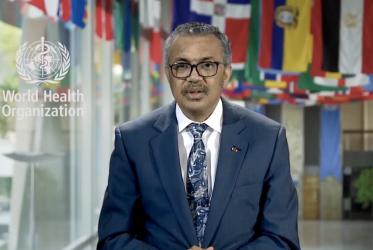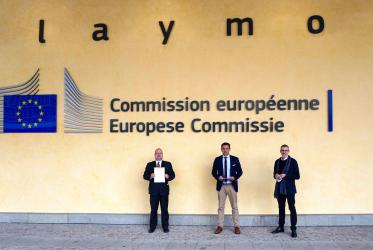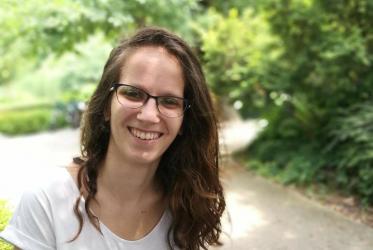Displaying 1 - 20 of 92
WCC honoured with Geneva Engage Award
01 February 2022
Ecumenical statement on migration received by European Commission
25 September 2020
WCC condemns attack at Hanukkah celebration in New York City
29 December 2019
The cry of the Papuans in Indonesia
14 November 2019
Markus Imhoof film receives human rights award
10 October 2019
